GLOBETROTTERS JANUARY CHALLENGE
Ghana Welcomes You With Open Arms and a Load of Hopeful Signs
Snippets of my time living in the West African country
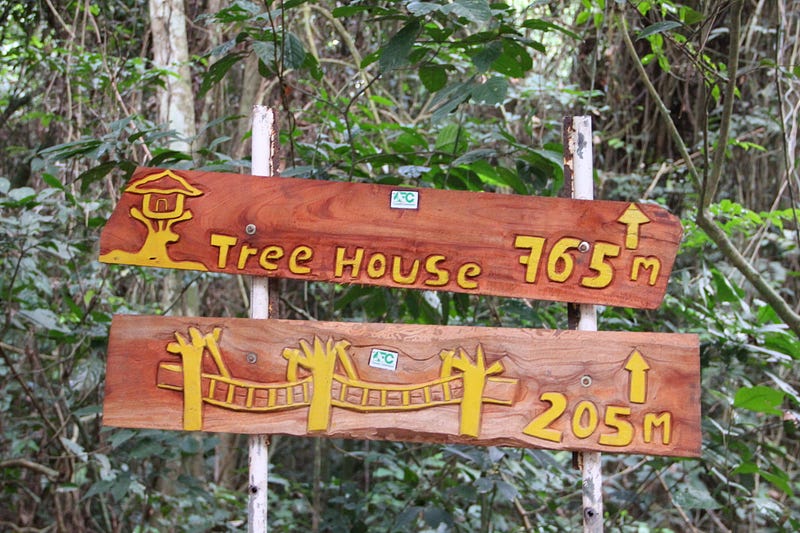
It wasn’t just that I needed to converse in a language I had neglected and wasn’t comfortable with that turned my time in this West African country into a challenge and life-changing situation at the same time, but there was so much going on.
I didn’t mind the lack of comfort, had no issues with long drop toilets, or struggled with haggling for prices on the markets. What created the challenge was the difference in the people.
You might laugh, but coming from Germany I wasn’t used to all that smiling, happy gathering and relaxed thinking of what lay ahead. I needed to learn that nothing would work on my German punctuality and the cars and buses I was traveling in were the exact ones that failed the latest safety test in my home country.
And still, there were smiles and helping hands all around.
So, let’s dive into the signs and writings I have encountered during my stay starting with a sentence I would only learn the real meaning of a lot later on:
“You are welcome.”
While you might frown reading those words, asking what on earth should be so special about them, these are the ones that most represent Ghanaian hospitality.
The locals would use these three words in any conversation I’d have with them, from helping me cross the street to finding a bus station or taking me into the city’s soccer stadium — they’d always invite me with those words.
I wasn’t just welcome in the country. I was welcome in their homes.
And visiting one of the most popular national parks in the country, the sign below confirms my statement. Other countries might have written, “Welcome to Mole National Park”.
But not here. Ghana says: ‘You are welcome’. Please come and visit our national park.
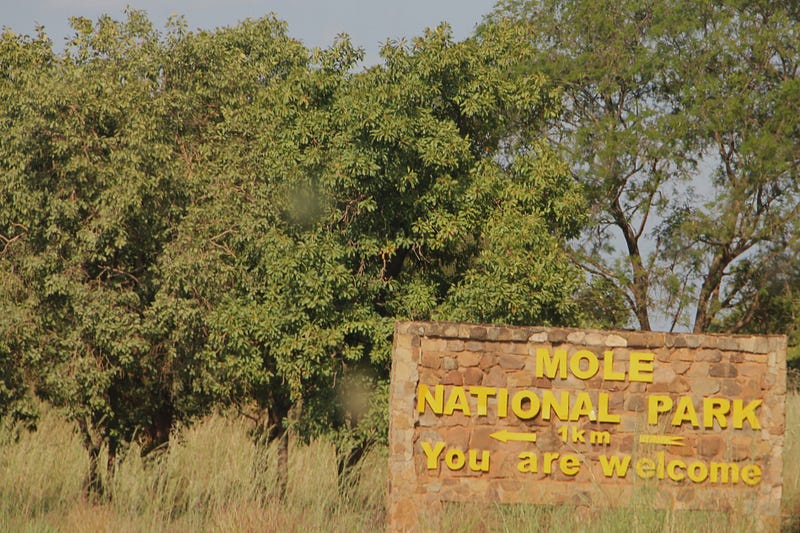
I flew to Ghana in 2014 just after the Ebola outbreak in West Africa. Why did I stick to my plans you might ask but I’ll explain, happily. Yes, the country does lie in western Africa but had no active cases of the disease nor any of its neighboring countries and so I saw no reason to cancel my trip.
Also, I soon learned my vaccination book including the yellow fever vaccination was a lot more valuable than my passport down here. My temperature was taken multiple times upon entering the country and signposts were hanging everywhere about the virus.
While Ghana might not have had any contact with Ebola, they were fighting other diseases such as cholera and rabies, and to my surprise, there were educational clips on how to prevent getting the sickness being displayed on TV with pictures and writing even children could understand.
And in case you didn’t know yet, the best medicine is rest. The first step is mental health awareness, and they were promoting it well on the signs throughout the city.
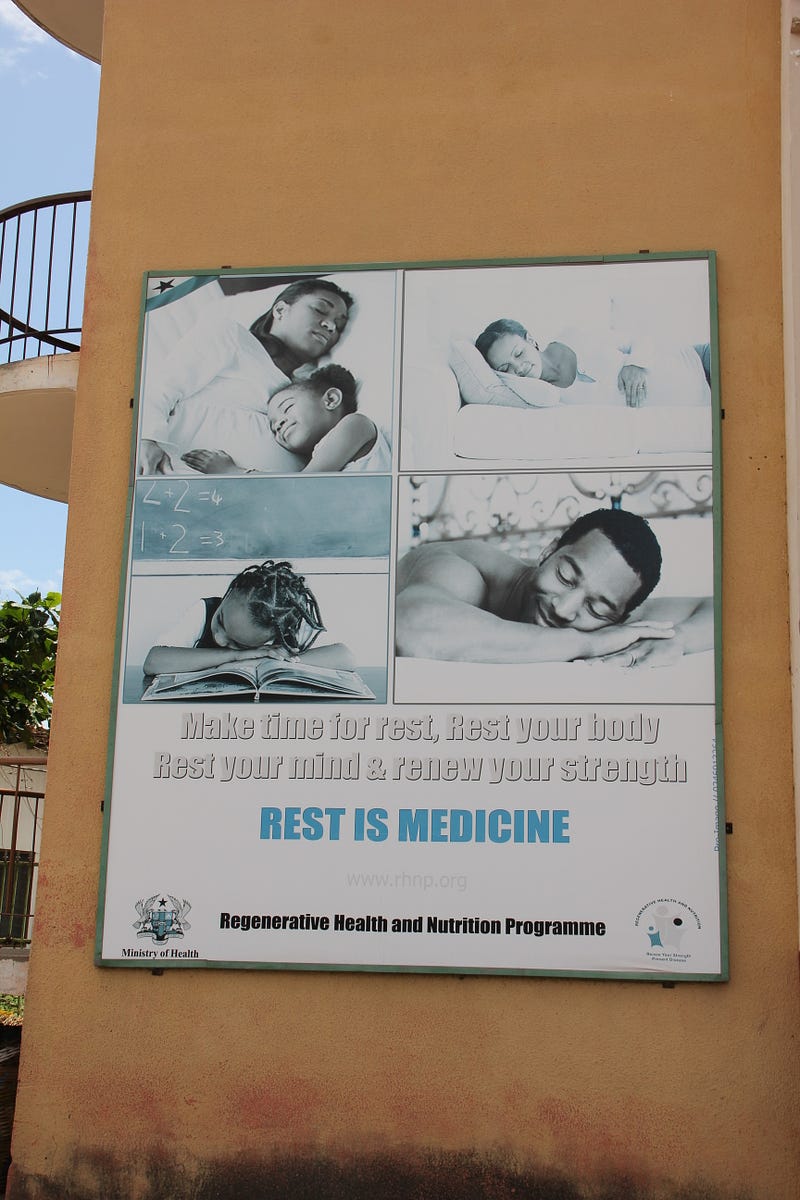
Within the first few days, the volunteers received an orientation week in the capital providing us with the dos and don’ts of the culture, some language introduction and other useful information.
Part of that week was a visit to a local company recycling material scraps from other producers and plastic bags and turning all of that into fashionable items such as bags.
Seeing a bunch of inspiring quotes written on the walls of their operation made me smile.
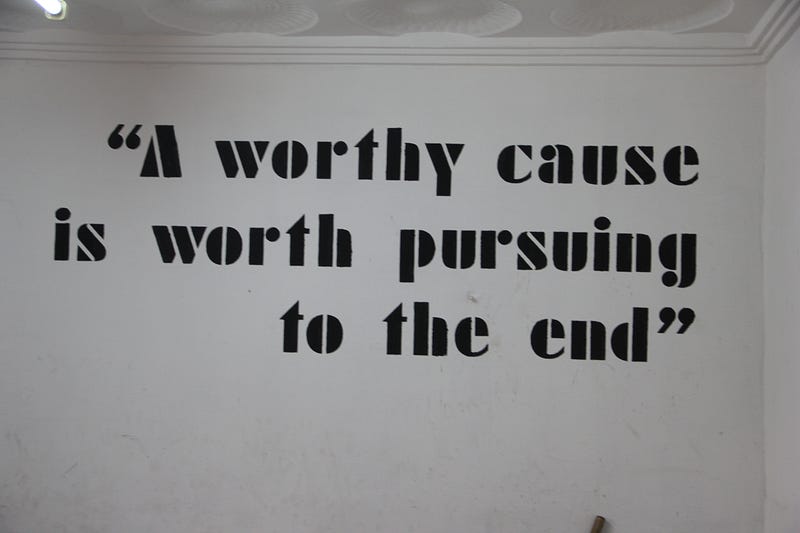
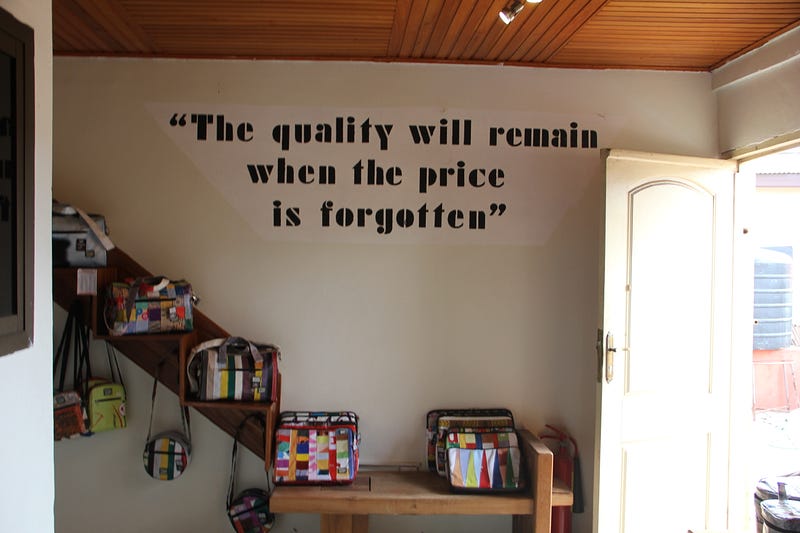
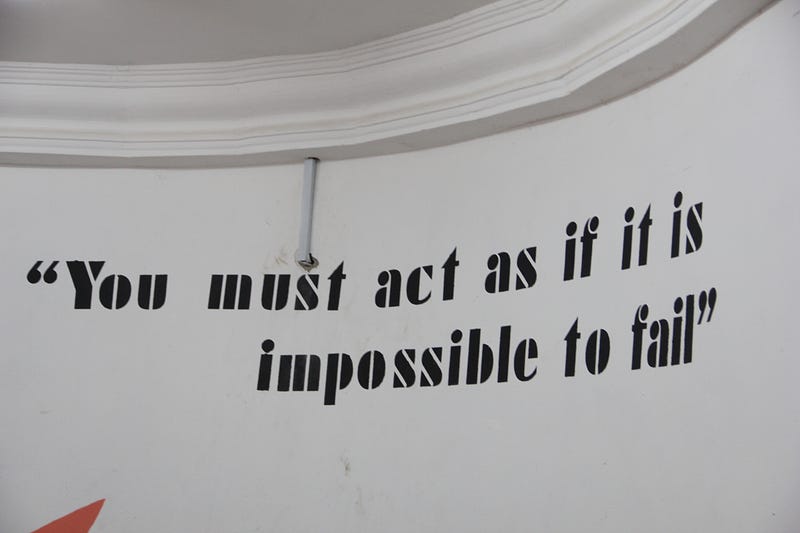
While climbing the highest mountain in Ghana wasn’t a feat for one German and one Swiss girl, explaining to the locals at the bottom that we could achieve this without a guide was very much a challenge.
However, upon reaching the top of Mount Afadjato we were greeted with the applauding words I had to smile at.
Wow! You have made it!
How nice is that? I have climbed many mountains in the world but have never seen such a genuine sign with a compliment for its visitors. Another sign of their kind hospitality.
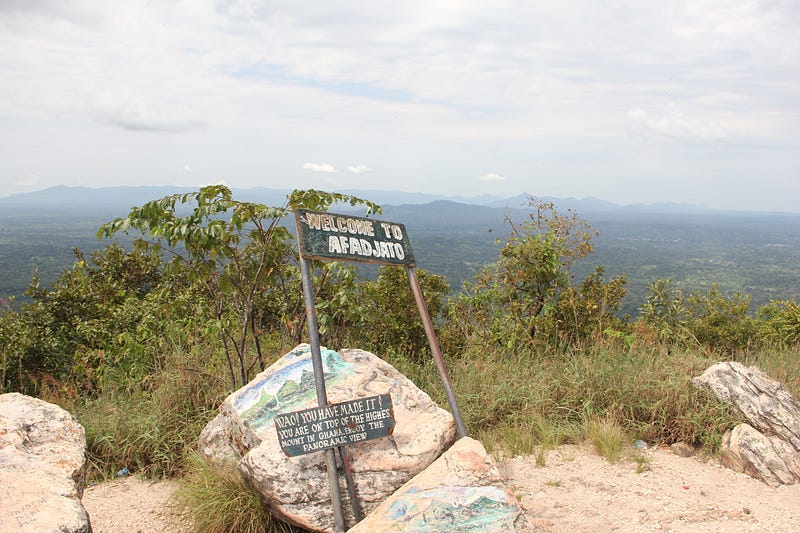
Teaching in a small village in the upper east region of the country while staying in a clay hut wasn’t one of the easiest experiences in my life but certainly one I wouldn’t trade for anything in the world.
As much as I tried to teach those children every day, I must admit they taught me a lot more.
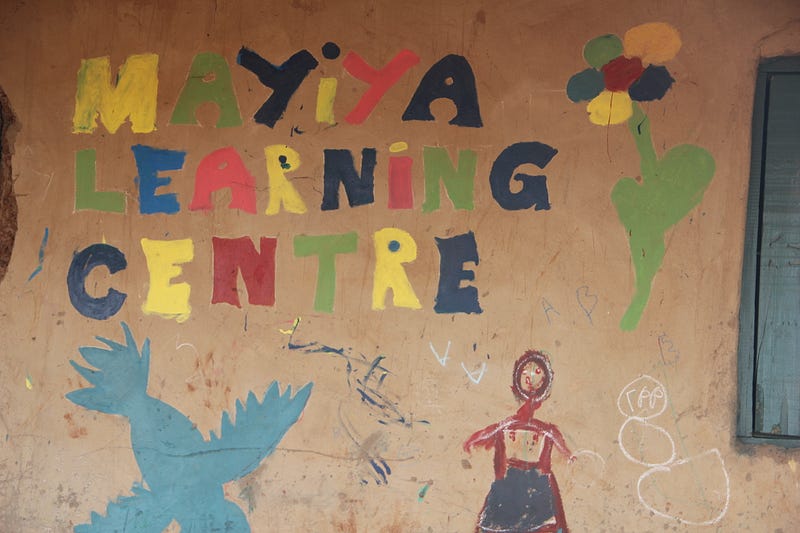
Coming from a country where national pride is still frowned upon, I was blown away by the patriotism this poor country was showing and found myself pushing the black stars, their national soccer team, into the final match of the African championships.
I traveled on minibusses, on the back of bikes and walked through town with their flag wrapped around me and found myself being smiled at from all sides.
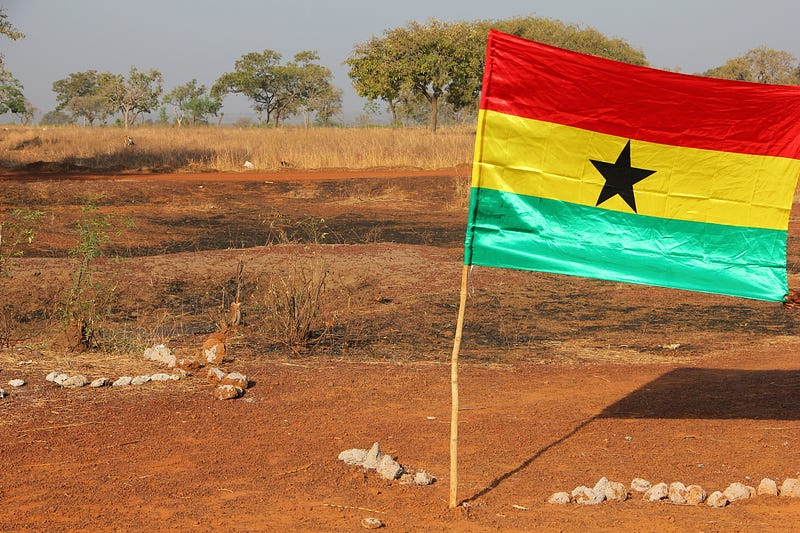
And while I was wandering across the country, I found more often than once signs of the former German heritage this country was carrying. Even if mostly an ugly one.
However, few Germans reside there and one or the other restaurants served some delicious meals for homesick volunteers. (No, I was never homesick. But I missed eating potatoes.)
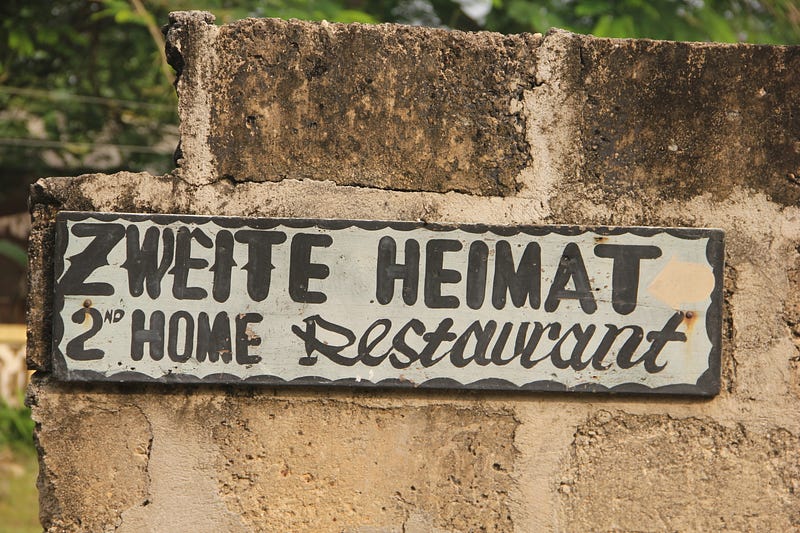
Other weird signs showed into the far distance to either places I might never travel to or the end of my journey. Cape Town was very much the final stop of my six-month-long African adventure.
That was before I settled down to live in Namibia for a few years. But that is a different story.
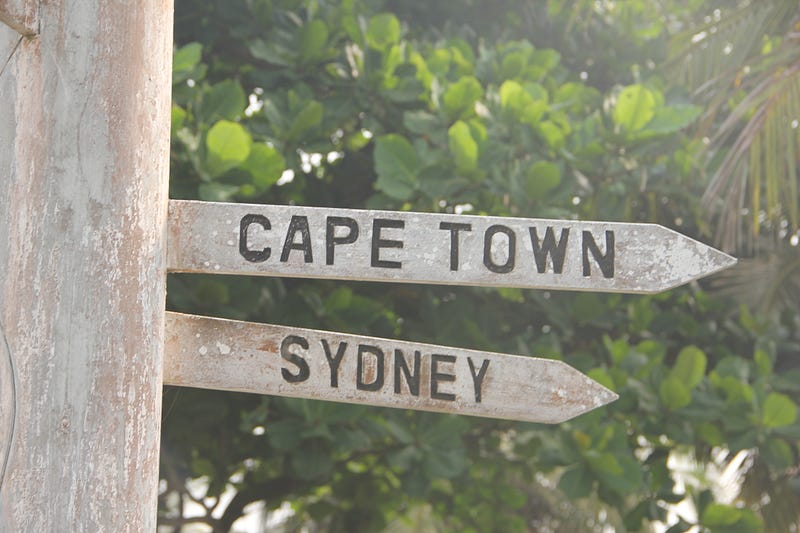
I even found signs of globalization while walking through one of the last remaining coastal rainforests. A shirt from my favorite soccer team, a German one, was hanging on some bamboo poles in the thick and deep of this lush green vegetation.
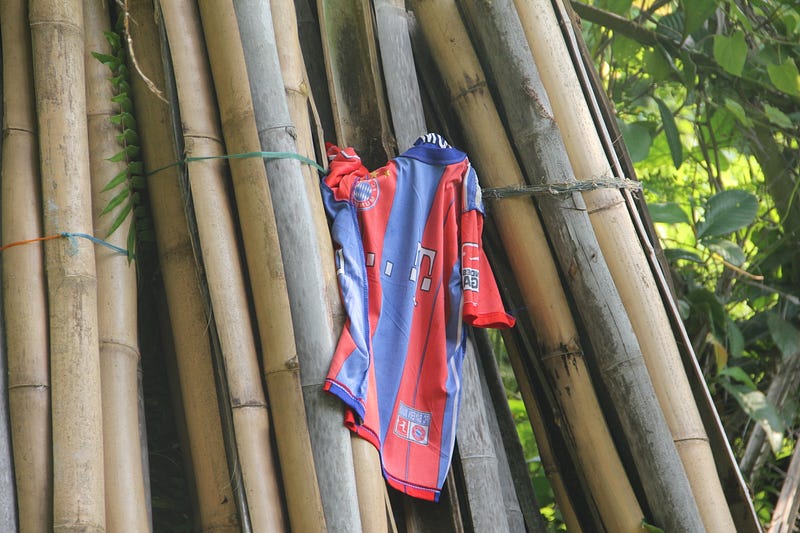
Another welcome sign did not just show I crossed the border, it also showed I crossed the border to a country with a different linguistic background. While Ghana used to be an English colony and has English as its official language, all its neighboring countries are francophone.
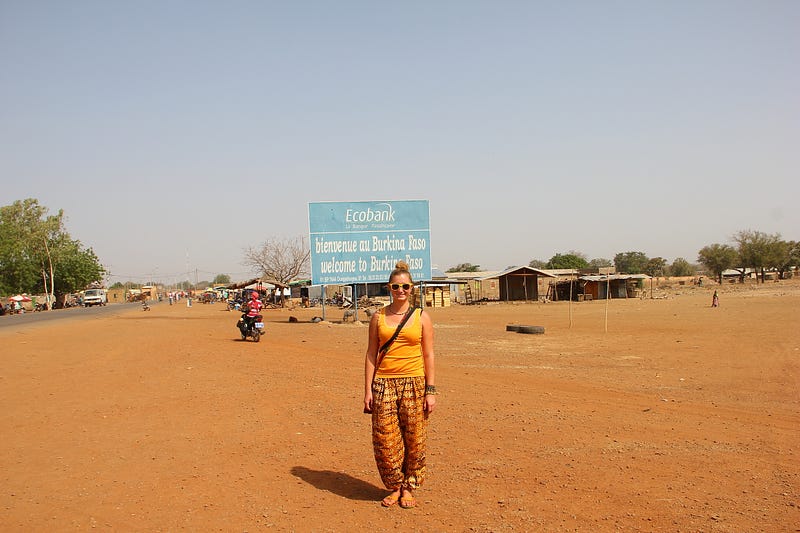
And while we are talking about signs, I can't leave out this next category, which I stumbled upon and represents a very dark part of Ghanaian history.
Signs of slavery
Being on the coastline of one of the main slavery trading routes of past centuries, many castles and forts still refer to those times and one of the sites I visited showed a location where slaves were kept for weeks in the dry north before heading on to the final walk toward the coastline.
Here, they were given a stone to carve out a bowl they’d eat and drink out of during their time. If they received anything…
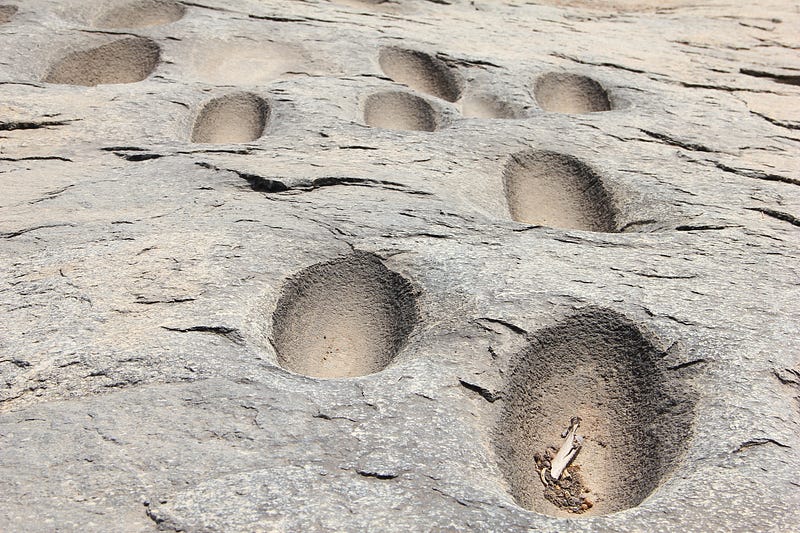
One other symbolic sign I remember was the ‘door of no return’ at Cape Coast Castle. I don’t think I need to explain the meaning of that door. Once the slaves walked past this sign, they were loaded onto ships and never seen again.
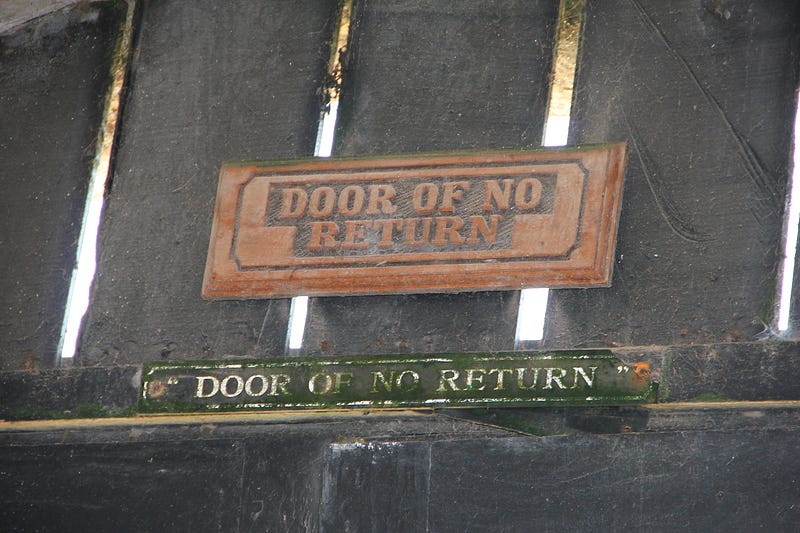
And just to finish off this article on a bit of a brighter note, I’ll continue with signs I stumbled upon while walking along Ghana’s endless beaches.
Signs of ownership like the one below with a very unique name and number on the wooden dugout canoe ensured nobody got into the wrong boat when heading out to sea for a fishing expedition.
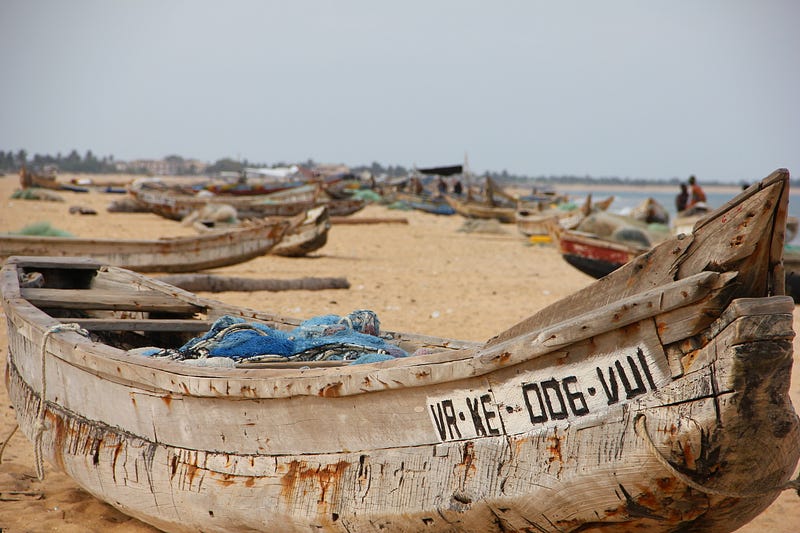
And I’m finishing this story with two final signs for a better future. Ghana was the first African country I ever visited and it also was the first one gaining independence back in 1957.
While not everything is perfect and a lot has to be done to support its people, my visit will remain a positive one with hopes for a better and brighter future for the children of tomorrow.
The country and its people gave me so much, I will never be able to repay my debt but hope and wish them the best.
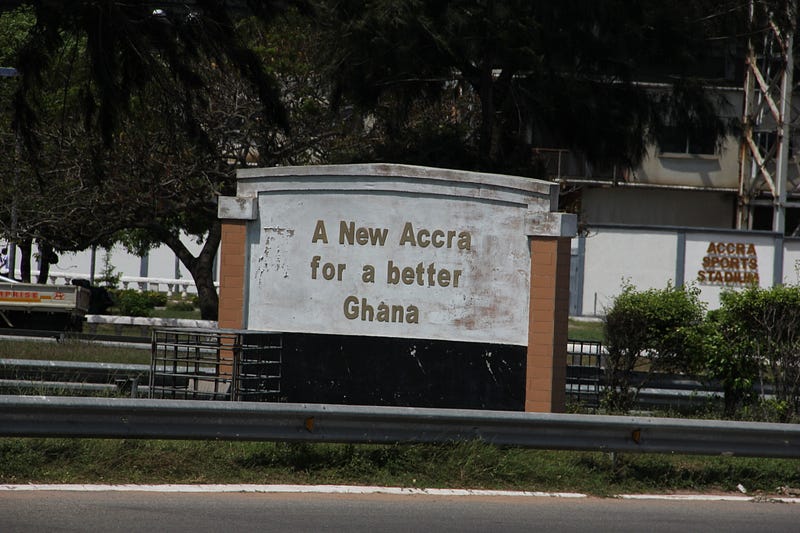
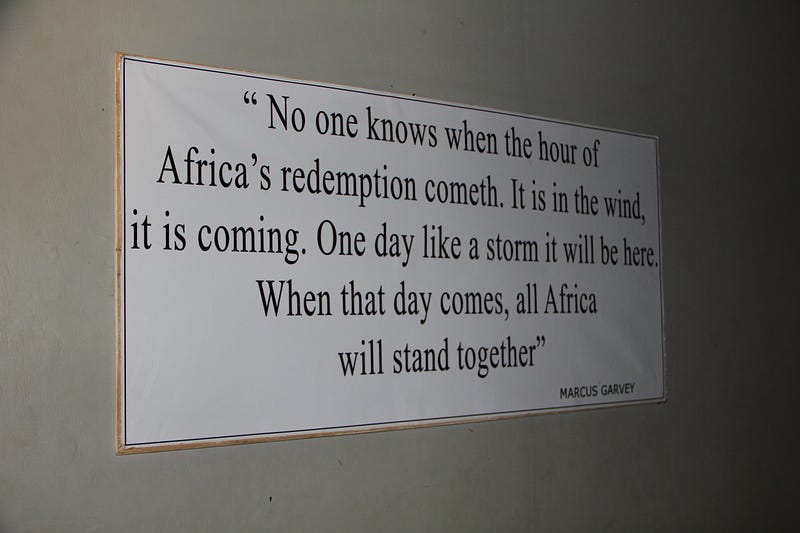
This is a prompt response to January’s writing challenge:
Read other participants and their responses:
Barb Dalton with “Signing Up For the Globetrotters Challenge on Signs”
Warren Thurlow with “Signs Left Behind — How Should We Leave Our Mark?”
Ronald Smit with “Weird and Wonderful Words”
Join my email list here if you would like to read more photo essays.
Shutterstock | Instagram | YouTube | Mailchimp | Amazon | Redbubble






